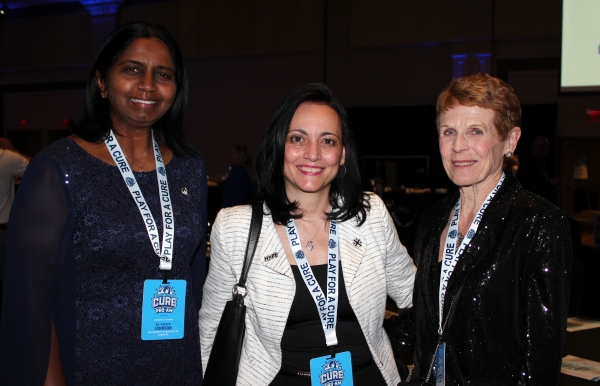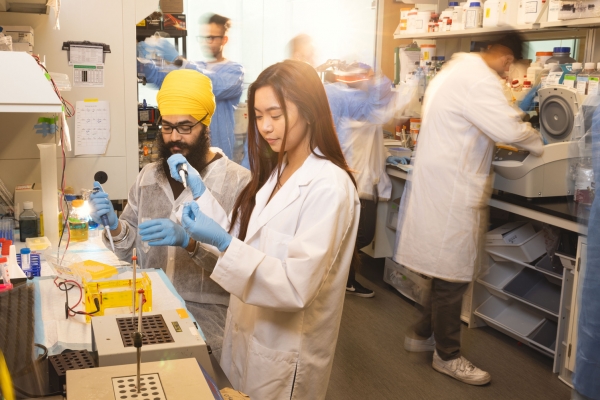 Play for a Cure Pro-Am Hockey Tournament raised over $418,000 for local cancer research, of which WE-SPARK Health Institute received $230,000
Play for a Cure Pro-Am Hockey Tournament raised over $418,000 for local cancer research, of which WE-SPARK Health Institute received $230,000
Funds raised at a charity hockey event will in part go straight to WE-SPARK Health Institute to support cancer researchers at the University of Windsor and across Windsor-Essex.
This year’s Play for a Cure Pro-Am Hockey Tournament raised over $418,000 for local cancer research, of which WE-SPARK Health Institute received $230,000 to support the following three new cancer research grants:



